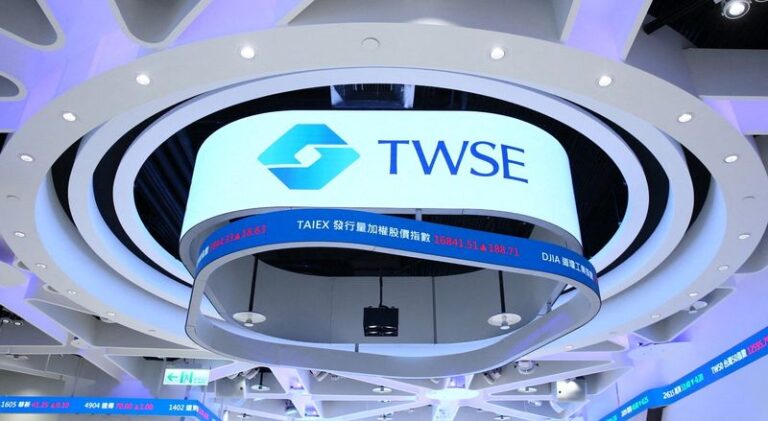By Gaurav Dogra
(Reuters) – Foreign investors poured heavily into Asian stocks in June after two months of selling as U.S. inflation pressures eased and expectations grew that the Federal Reserve would cut interest rates this year.
The surge in AI-related companies globally has further boosted market optimism, boosting demand for high-tech and semiconductor exports from Asia.
Foreign investors made net purchases of $7.16 billion worth of regional stocks, according to data from stock exchanges in South Korea, India, Taiwan, Indonesia, Vietnam, Thailand and the Philippines.
A Commerce Department report last week showed U.S. inflation stabilized in May, in line with economists’ expectations, and Fed Chairman Jerome Powell said Tuesday the U.S. was back on a “disinflationary path,” raising hopes of upcoming rate cuts.
Technology exporters South Korea and Taiwan saw foreign purchases in their stock markets reach $3.83 billion and $1.94 billion, respectively, last month.
“Both South Korea and Taiwan are big beneficiaries of rising AI investment,” said Yep Jun Rong, market strategist at IG.
Buoyed by a surge in global tech stocks, the MSCI Asia Pacific IT Index rose nearly 10% in June, its best performance in seven months.
Foreign funds inflowed into Indian markets at $3.19 billion, compared with a net sell-off of $3.06 billion in the previous month.
“After the (very short-lived) panic selling after the election, Indian stocks have rapidly resumed upward momentum as investors see policy continuity from the new government,” said Mingyue Liu, investment specialist at BNP Paribas Asset Management.
“We believe the Indian economy is on the cusp of a multi-year economic growth cycle, supported by a Production Linked Incentive (PLI) scheme, favourable demographics and strong FDI.”
Still, stock markets in Thailand, Vietnam, the Philippines and Indonesia faced net outflows of $936 million, $658 million, $104 million and $91 million, respectively.
“We remain positive on the outlook for Asian stocks,” BNP Paribas’ Liu said.
“The rate hiking cycle for most regional central banks appears to have reached a turning point, which will be positive for Asian equities.”
(Reporting by Gaurav Dogra and Paturaja Murugaboopathy in Bengaluru; Editing by Shelley Jacob Phillips)

